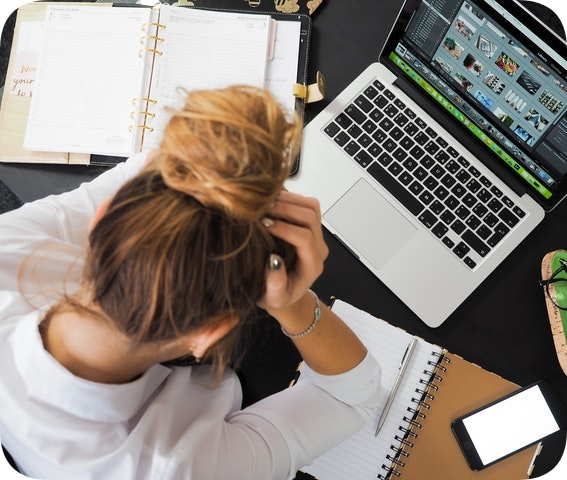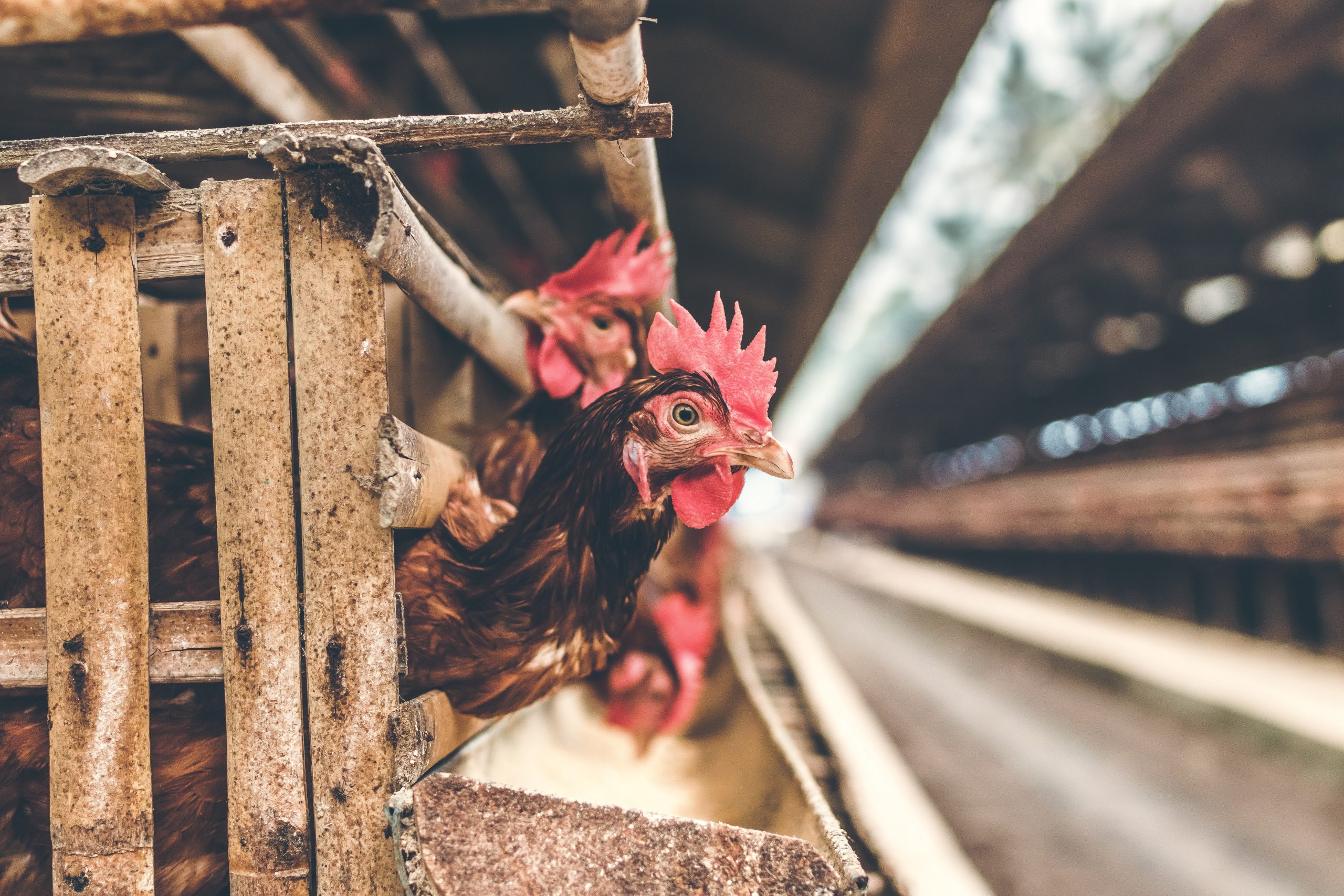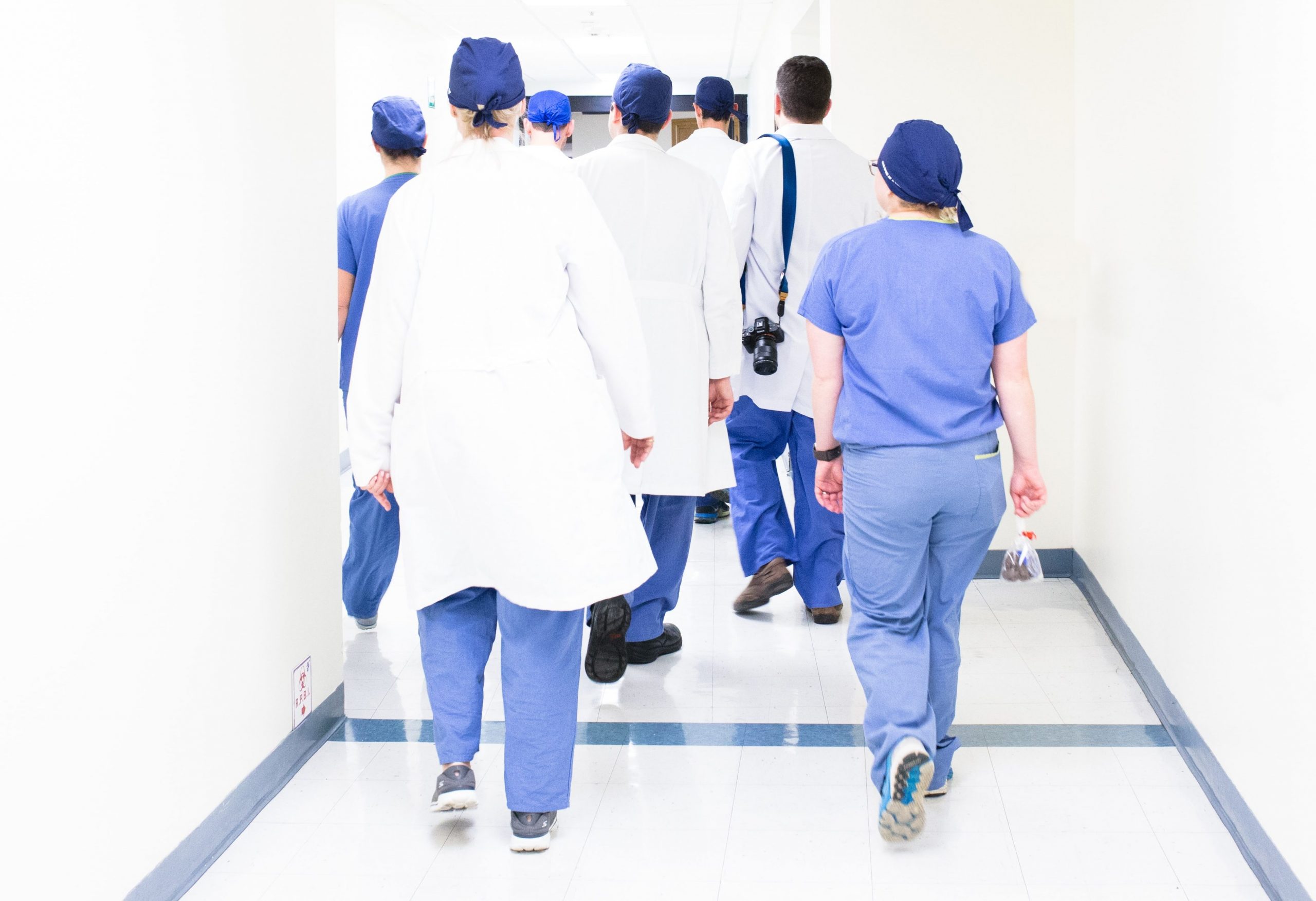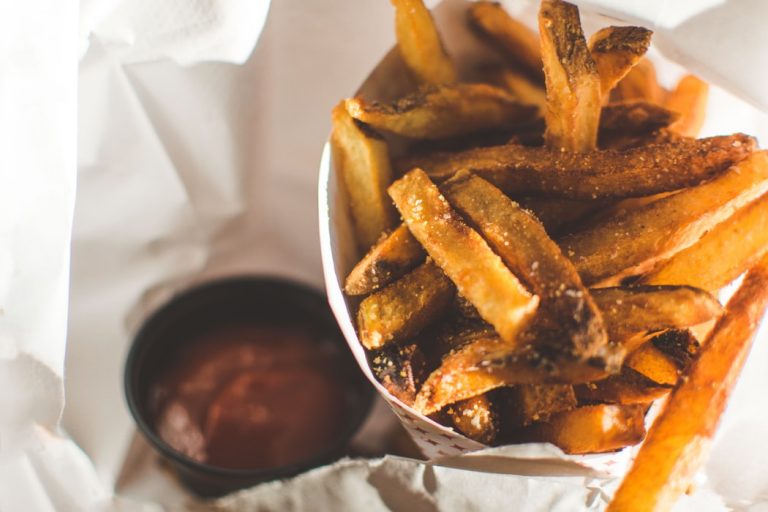Photo by Artem Beliaikin on Unsplash Production of boiler chickens (those raised for their meat, not eggs) in the US...

Women Account for 55 Percent of Coronavirus Job Losses
Last month, 20.5 million people lost their jobs, sending the unemployment rate skyrocketing to 14.7 percent. Economists predict that the actual jobless rate could be even worse when factoring in people who are out of work but not collecting unemployment benefits. Experts also expect that things will only get worse in May as job cuts spread to white-collar workers. “It’s devastating,” said Ryan Sweet of Moody’s Analytics. “There’s someone behind each of these numbers. It’s going to take years to recover from this. There’s a case to be made that a lot of these are temporary layoffs, so hopefully people can return to work quickly as we begin to reopen the economy — but there’s no guarantee in that.”














